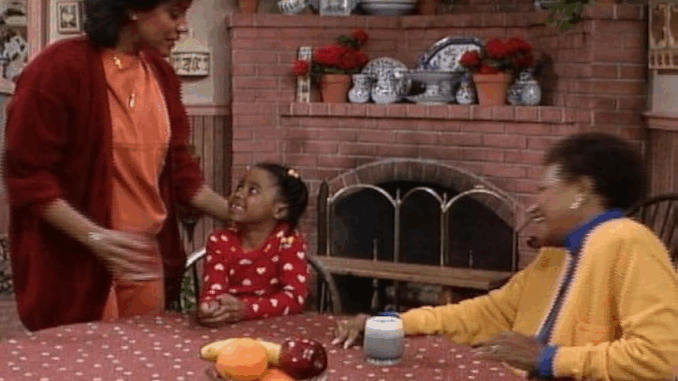
In the golden era of American sitcoms, few characters commanded the screen with as much elegance and strength as Clair Huxtable, portrayed by the incomparable Phylicia Rashad. As the matriarch of The Cosby Show (1984–1992), Rashad didn’t just play a character—she helped redefine the image of Black womanhood and motherhood on television. Her influence extended far beyond entertainment, becoming a symbol of intelligence, poise, and cultural pride.
Breaking Television Stereotypes
When The Cosby Show premiered, Rashad’s portrayal of Clair Huxtable—a successful attorney, loving wife, and no-nonsense mother of five—was revolutionary. At a time when Black women were often portrayed through limited or negative stereotypes, Rashad brought a nuanced, empowered presence to millions of homes every week.
Clair Huxtable wasn’t just a supporting character; she was a co-equal in the household. With sharp wit, emotional depth, and commanding strength, she stood toe-to-toe with Bill Cosby’s Dr. Huxtable, often stealing the scene. She showed America that a Black woman could be compassionate, brilliant, and fiercely independent—all at once.
From Broadway to the Small Screen
Before The Cosby Show, Rashad was already an accomplished stage actress, particularly known for her work in Broadway productions such as Dreamgirls and Ain’t Supposed to Die a Natural Death. Her training in theater lent her a gravitas that translated powerfully on screen.
After the sitcom’s success, Rashad returned to her theater roots and made history once again. In 2004, she became the first Black woman to win the Tony Award for Best Actress in a Play for her role in A Raisin in the Sun—a milestone that reinforced her place as one of America’s most respected performers.
A Mentor and Leader Off-Screen
Outside of acting, Phylicia Rashad has long served as a mentor to young Black artists. In 2021, she was appointed Dean of the College of Fine Arts at Howard University, her alma mater, where she helps shape the next generation of creatives.
Her commitment to education and the arts has solidified her legacy not just as an actress, but as a cultural leader. She often speaks about the importance of heritage, discipline, and authenticity in performance—principles she has lived by for decades.
Legacy: More Than a TV Mom
Today, Phylicia Rashad’s legacy stands tall. While The Cosby Show may be viewed through a more complicated lens due to the controversies surrounding its star, Rashad’s performance remains a high point in American television history.
She didn’t just play Clair Huxtable—she was Clair Huxtable: brilliant, graceful, firm, and nurturing. Through that role, she changed the way Black women were seen on screen and empowered a generation of viewers to expect more from television, and from themselves.